On June 6, Brookings held a public discussion on the future of the Paris Agreement with experts from across the institution moderated by Lisa Friedman, editor of “ClimateWire.” Check out highlights from the event or visit our webpage for full video and audio.
Last Thursday, President Donald Trump announced his plans to pull the United States out of the Paris climate agreement. His speech from the White House’s Rose Garden ignited strong reactions within the climate policy community, among business leaders, and from local, state, and national policymakers across the globe.
Here at Brookings, scholars from across the institution have offered their reactions and insight on what Trump’s withdrawal might mean for geopolitics, the international order, climate change cooperation, domestic politics, and the U.S. economy, as well as state and local leadership.
“Essentially every substantive paragraph in the president’s speech is anchored in sand.”
David Victor, a Brookings nonresident senior fellow and co-chair of the Cross-Brookings Initiative on Energy and Climate, offered this biting criticism alongside his annotated commentary of Trump’s speech on Vox. In it, Victor takes aim at what he calls Trump’s misleading assertions on renegotiation, U.S. economic exposure, China, “clean coal,” fossil fuel production, grid reliability, foreign lobbyists, the Green Climate Fund, and legal liability.
Since Trump’s speech, I have spoken with reporters from around the world, and my sense is that people aren’t laughing at us for considering the option of staying in Paris. Rather, they are bewildered as to why a deal that the U.S. negotiated in its own image is now one we will reject—with specious arguments that it requires that we plunge our economy into darkness.
On U.S. geopolitical standing
Brookings Vice President and Director of the Foreign Policy program Bruce Jones joined his energy and climate initiative co-chair Victor in speaking with the Washington Post about how leaving the Paris Agreement damages U.S. geopolitical standing abroad. Jones said:
It’s going to seriously complicate any effort President Trump makes to build a counterterrorism coalition or mobilize the West on any set of policy issues. It’s an odd calculation. They gain nothing from leaving and lose a lot.
Victor added: “Other countries will be less willing to engage with us. It creates a vacuum others will try to fill. It will make it harder for the United States to advance its interests.”
Already, many countries that could fill such a vacuum have signaled their intention to stay the course with their commitments, including Russia and China.
Steven Pifer hazarded a guess that the Kremlin was “absolutely delighted” with Trump’s move. “To the extent that withdrawing from the Paris accord looks like the United States stepping back from an area where the U.S. has been a leader, that’s simply music to Putin’s ears.”
Looking at China’s possible rise, Samantha Gross pointed out that “the problem isn’t really the Chinese moving forward, it’s the U.S. stepping back. We’re opening up a space by abdicating our responsibility.”
Philippe Le Corre, a visiting fellow with the Center on United States and Europe, however, cautioned that even without U.S. leadership on climate change, the effect on the balance of power is uncertain and the U.S.-China relationship is “not going to go away.” “I don’t believe this is a redistribution of cards with a new international order under the banner of China and the EU,” said Le Corre in an interview with CNBC.
On global climate leadership
Joshua Meltzer appeared on CNN to discuss how U.S. withdrawal from Paris might impact global leadership on climate and accountability mechanisms.
There are mechanisms for accountability which rely on collective oversight and experts as well, so I think there is still a process in place which is going to hold countries accountable for reaching the targets that they’re committing to under the agreement. But at the end of the day, it’s also going to require diplomatic pressure and leadership, and that’s where the United States’ role is particularly important.
Speaking with the New York Times, Brookings India Fellow Rahul Tongia voiced his optimism at India’s progress on meeting its own Paris targets. India’s recent cancelation of 13.7 gigawatts of proposed coal-fired power plants, along with signs that coal will continue to be edged out amidst competition from renewables, is good news. The only way for the world to not grow too warm, said Tongia, is for “developing countries, especially India, to do more, to come in lower than budget, to do their unfair share.”
Rebecca Winthrop and Christina Kwauk in the Center for Universal Education argued for an approach that the Paris Agreement left out: empowering women and girls. Interventions in girls’ education along with reproductive healthcare would result in 120 gigatons of carbon reduced by 2050, they found.
On U.S. politics and the private sector’s response
Speaking at length with Politico’s Susan Glasser, Brookings President Strobe Talbott noted that Trump’s climate change decision is a dramatic example of partisan politics:
The Republican Party … hasn’t shaken itself into a set of decisions or a strategy for doing what I would hope the Republican Party would do in combination with the Democratic Party, and that is to, when possible, help the administration when they are getting us back on a responsible track, and criticizing and checking the administration when it’s on an irresponsible track.
E.J. Dionne also shared his reaction with NPR’s Robert Siegel on Friday:
I think it was astonishing. It was kind of the paranoid style of the American president that he is treating all of our leaders and, by the way, all these CEOs—General Electric, Facebook, Apple, Microsoft on and on—as stupid and easily duped—as not the shapers of our own fate, as the victims of invidious foreign leaders. It was a profound insult not only to Barack Obama, which he obviously intended, but to the whole country that somehow we can be taken advantage of like this.
Samantha Gross also sat down in the Brookings podcast studio, where she contended that Trump’s decision was unnecessary:
This didn’t need to happen. The agreement was structured to allow flexibility, and the Nationally Determined Contributions each country pledged were voluntary.
Gross also pointed to a six-figure, full-page ad campaign launched last month by 25 top U.S. companies urging Trump to keep the United States in the Paris Agreement.
On finding a bright spot in state and local governments
“The interesting thing is that [Trump’s announcement] may provoke quite creative and forceful responses from states and cities in the United States,” speculated Mark Muro, a senior fellow in the Metropolitan Policy program, in an interview with Radio France Internationale.
Muro also joined Metro’s Nonresident Senior Fellow David Hart and Chad A. Smith to discuss how states and localities can limit the fallout of Trump’s withdrawal from Paris. They point to existing progress at the state and local government level, where over 1,000 U.S. cities have set emission reduction targets and 29 states have adopted clean energy requirements, and argue that registering commitments internationally can send a strong message of support for the Paris Agreement.
A new, more concerted, and more effective surge of “bottom-up” climate and energy problem-solving is now surely needed. States and localities should respond to President Trump’s rash and short-sighted decision with a new phase of commitment to transform our old, outmoded 1900s energy system into a dynamic, clean system suited to this new century. … In this way a four-year hiatus in federal policy need not become the end of the world.
California Governor Jerry Brown stands as another potential U.S. leader on the global climate stage. Speaking with Politico, David Victor noted that:
The absence of a real federal policy has created a vacuum, a hunger overseas for what are Americans doing on climate change. And into that hunger, Jerry Brown offers a menu. He’s just kind of nominated himself. But I think that’s the nature of the business.
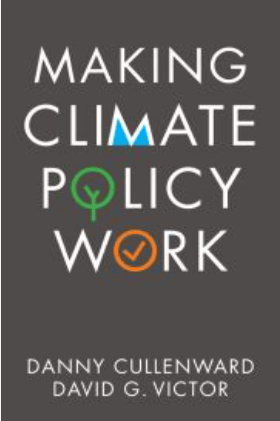
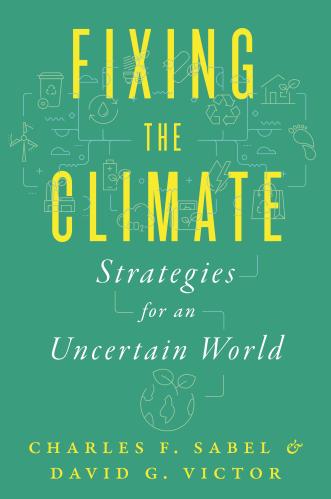
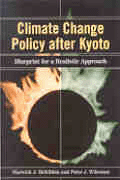
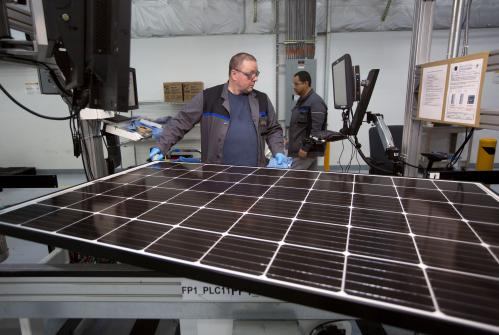
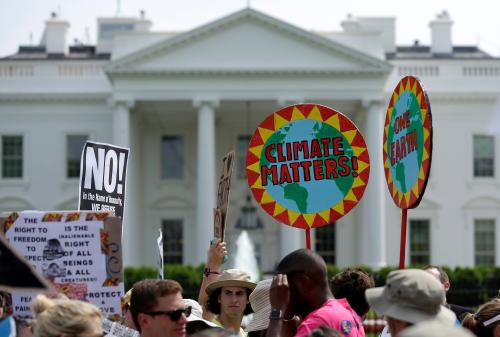
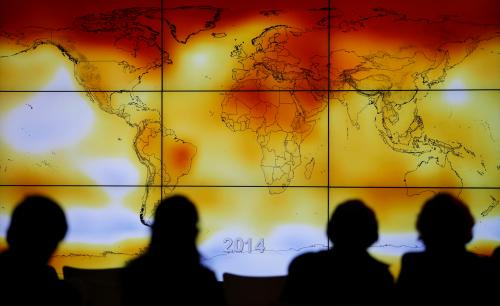
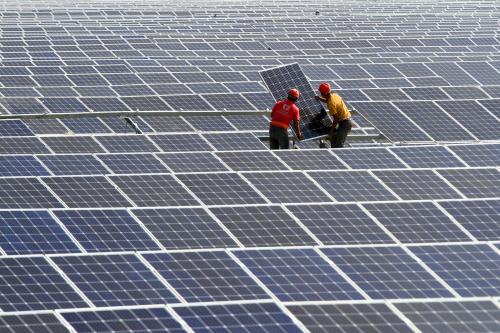

Commentary
What Brookings experts have said on Trump’s Paris climate accord decision
June 6, 2017